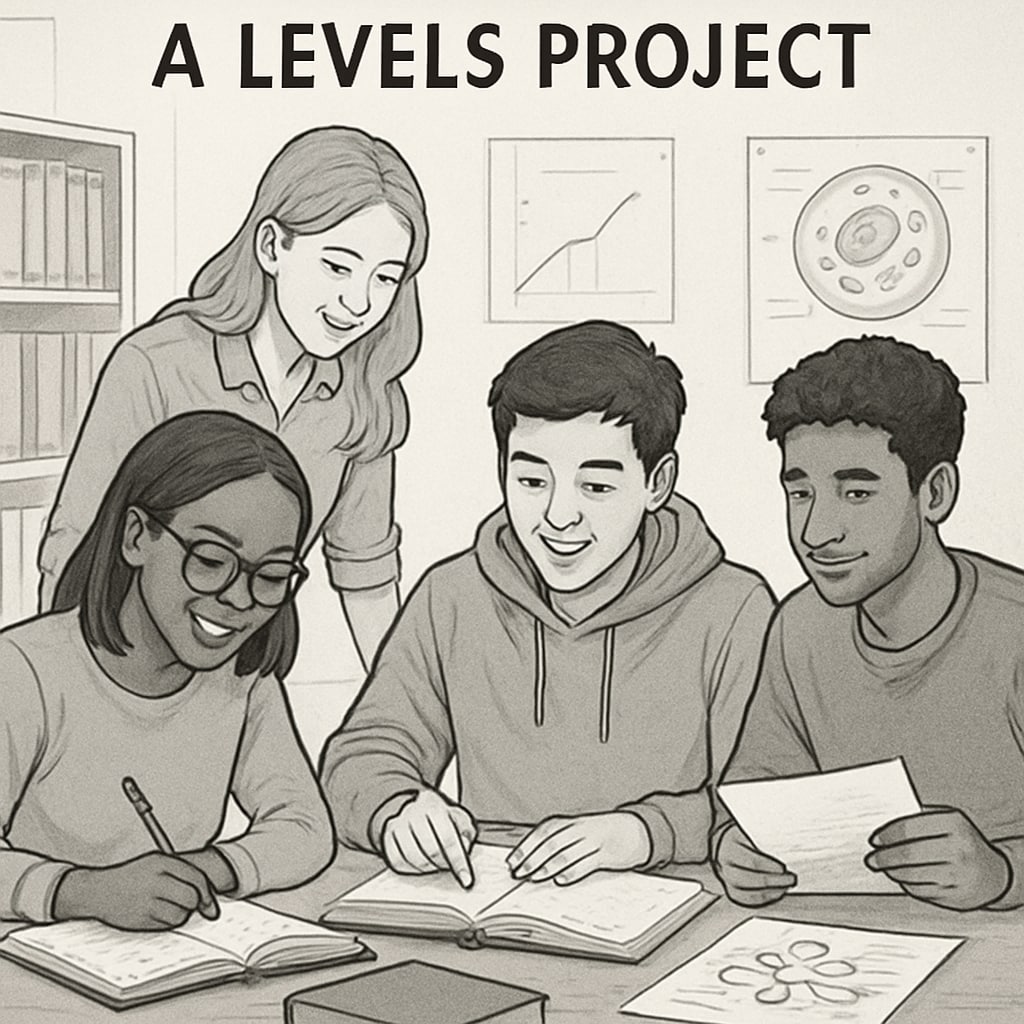Education systems play a critical role in shaping student motivation, mental health, and long-term development. In Turkey, the exam-driven education system emphasizes rote learning and high-pressure testing, whereas the UK’s A Levels offer a more flexible and student-centered approach. These contrasting systems highlight the profound impact of educational philosophies on learners’ potential. As Turkey considers reforms, examining the strengths of A Levels provides valuable insights into fostering a more balanced and empowering education model.
Challenges of Turkey’s Exam-Driven Education System
Turkey’s education system is heavily centered on nationwide examinations, such as the YKS (Higher Education Institutions Exam). These high-stakes tests determine students’ access to universities and future career paths, creating immense pressure. As a result, students often prioritize short-term memorization over critical thinking and creativity.
This exam-centric model has several drawbacks:
- Limited student engagement: The focus on standardized testing discourages passion-driven learning.
- Psychological toll: Continuous pressure leads to anxiety, stress, and burnout among students.
- Narrow skill development: The system often neglects soft skills such as communication, problem-solving, and adaptability.
According to a report on Turkey’s education, students spend excessive hours in preparatory schools, which further exacerbates the imbalance between academic learning and personal growth.

The Flexibility of A Levels: A Student-Centered Approach
In contrast, the UK’s A Levels (Advanced Level qualifications) offer a more flexible framework. Students can choose three to five subjects based on their interests and career aspirations, fostering greater autonomy. This system emphasizes depth of knowledge and critical thinking over rote memorization.
Key advantages of A Levels include:
- Customized learning paths: Students have the freedom to focus on areas they are passionate about.
- Skill integration: The curriculum encourages the development of analytical, research, and presentation skills.
- Balanced assessment: A combination of coursework and final exams reduces the pressure of a single high-stakes test.
Moreover, the flexibility of A Levels aligns with global standards, making it easier for students to pursue higher education abroad. For instance, Britannica’s overview of A Levels highlights their recognition by leading universities worldwide.

Lessons for Turkey: Reforming an Exam-Driven Model
The stark differences between Turkey’s exam-driven system and the UK’s A Levels underline the need for systemic reform. For Turkey to shift toward a more student-centered approach, it must address the following areas:
- Reduce exam dependency: Incorporate alternative assessments such as projects, presentations, and continuous evaluation.
- Expand subject choices: Allow students to select courses based on their interests and career goals.
- Invest in teacher training: Equip educators with tools to foster critical thinking and creativity in the classroom.
- Support mental health: Implement counseling programs to help students cope with academic stress.
By adopting these strategies, Turkey can create a more balanced education system that empowers students to reach their full potential.
Conclusion: Unlocking Student Potential
Education systems profoundly influence student motivation, mental health, and future success. While Turkey’s exam-focused approach has its merits, the flexibility of the UK’s A Levels showcases the benefits of a more holistic and student-centered model. As Turkey explores educational reforms, adopting elements of the A Levels system could help foster a more balanced and empowering learning environment. By prioritizing student well-being and offering diverse learning paths, Turkey can unlock the full potential of its youth.
Readability guidance: This article maintains short paragraphs and clear headings. Lists and examples have been used to enhance clarity, and the tone remains professional yet accessible. Overuse of passive voice has been avoided, and transitional words ensure smooth flow between ideas.


